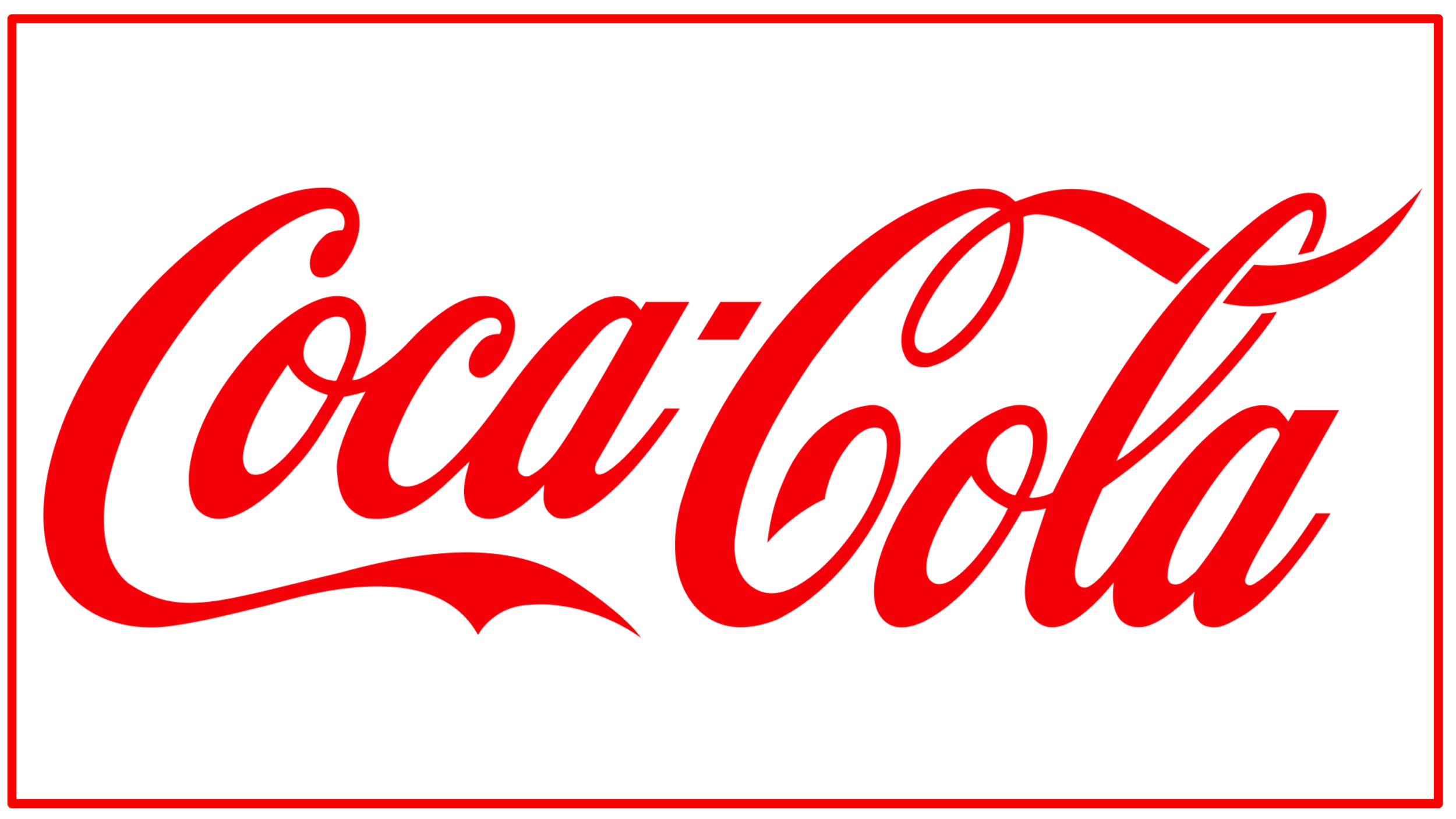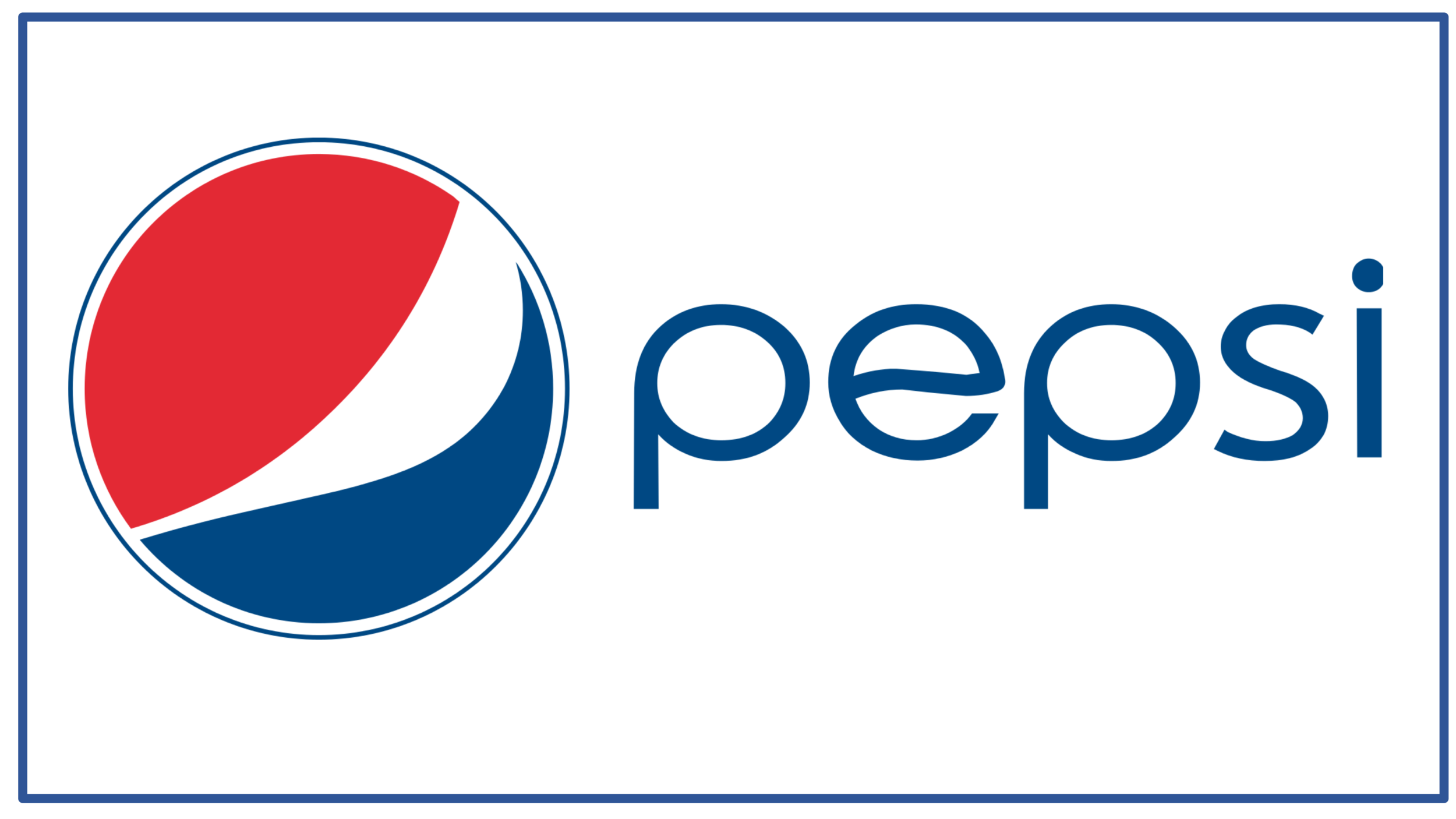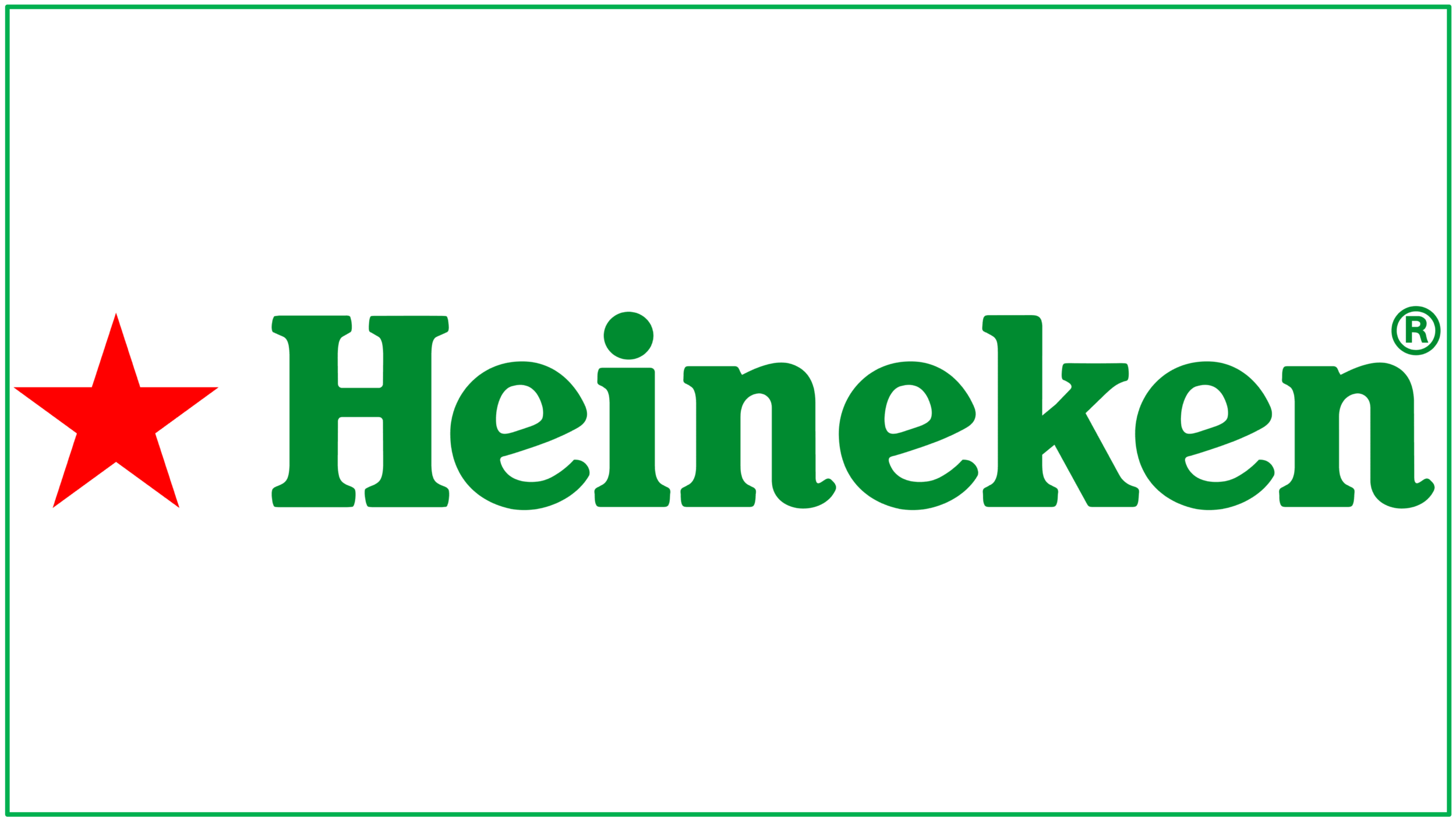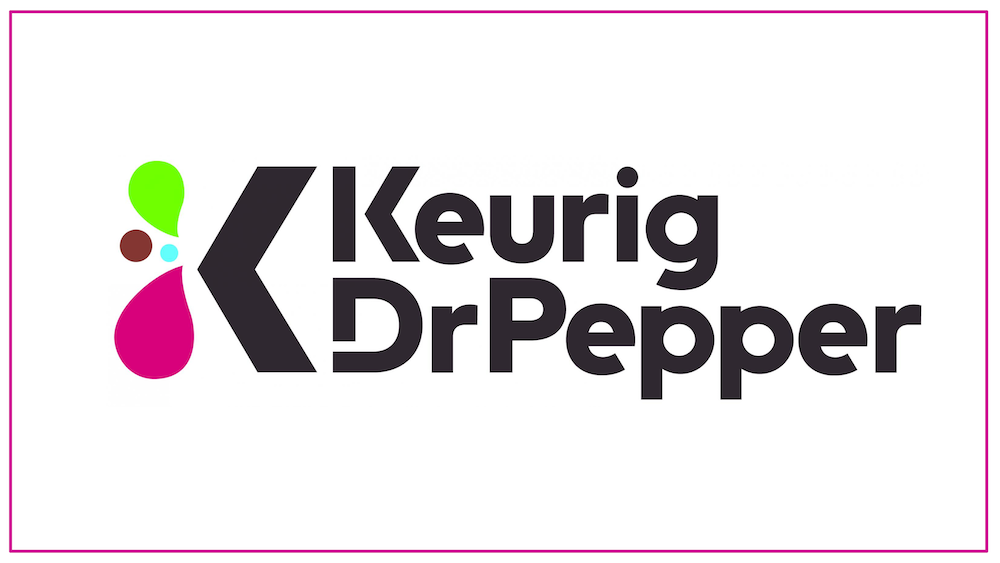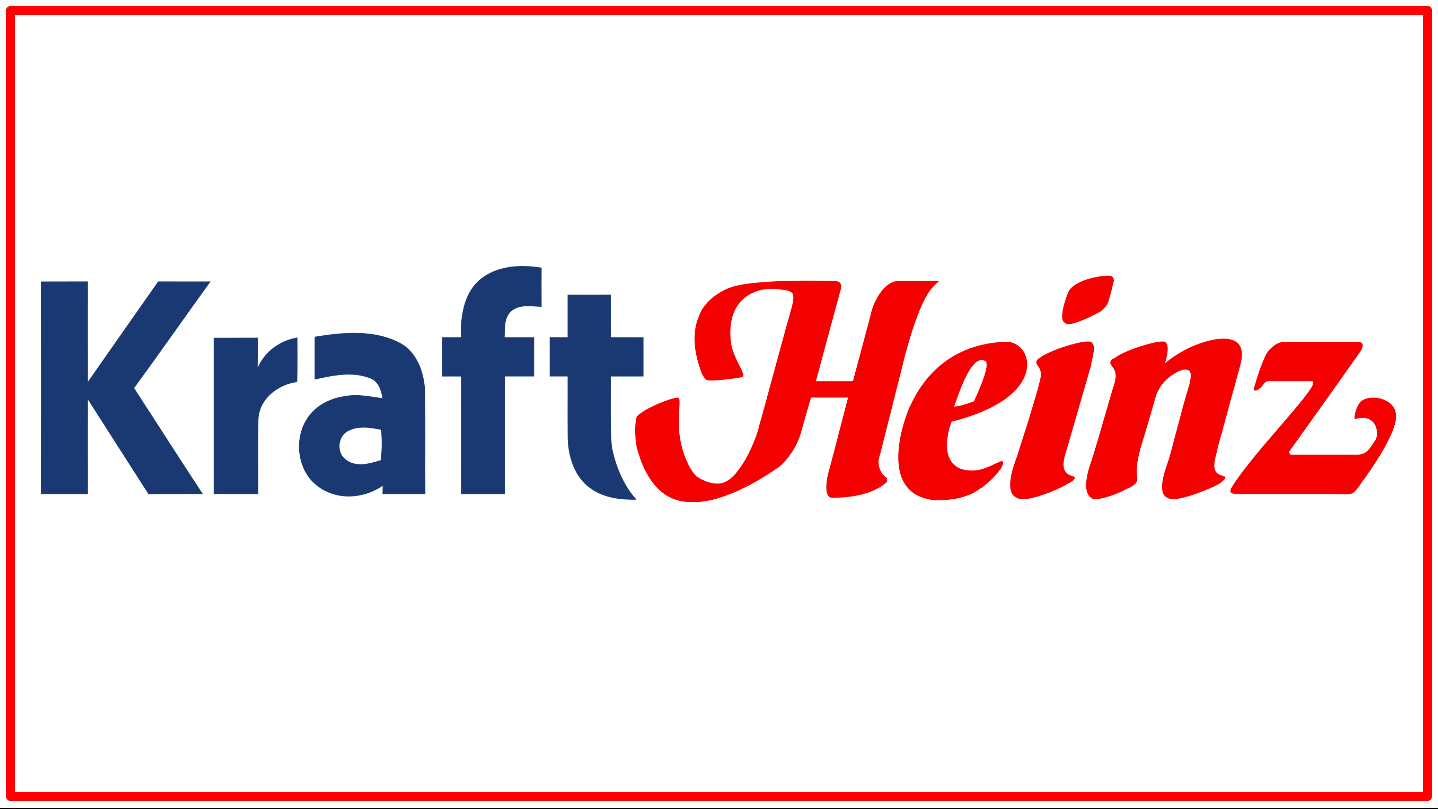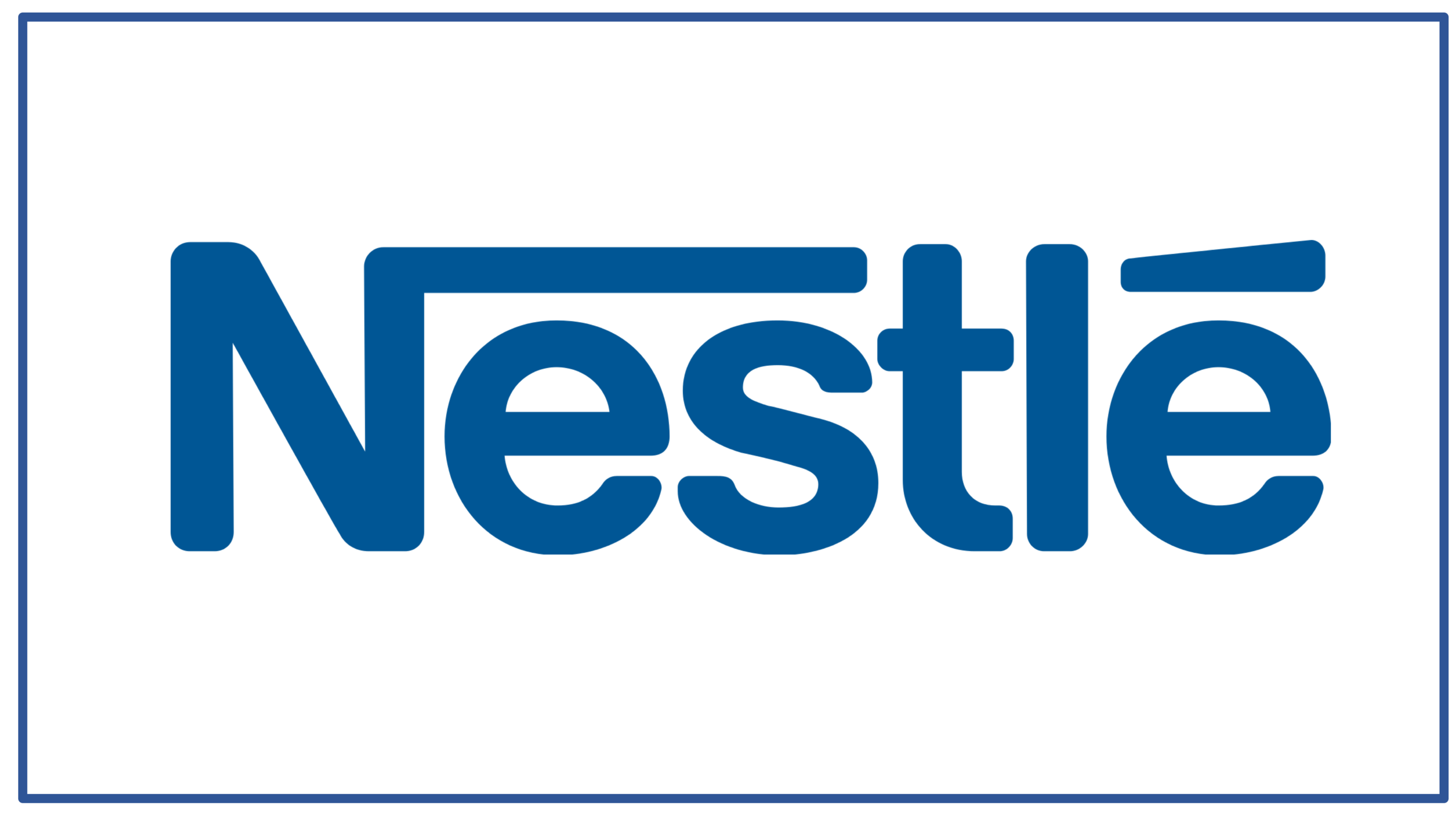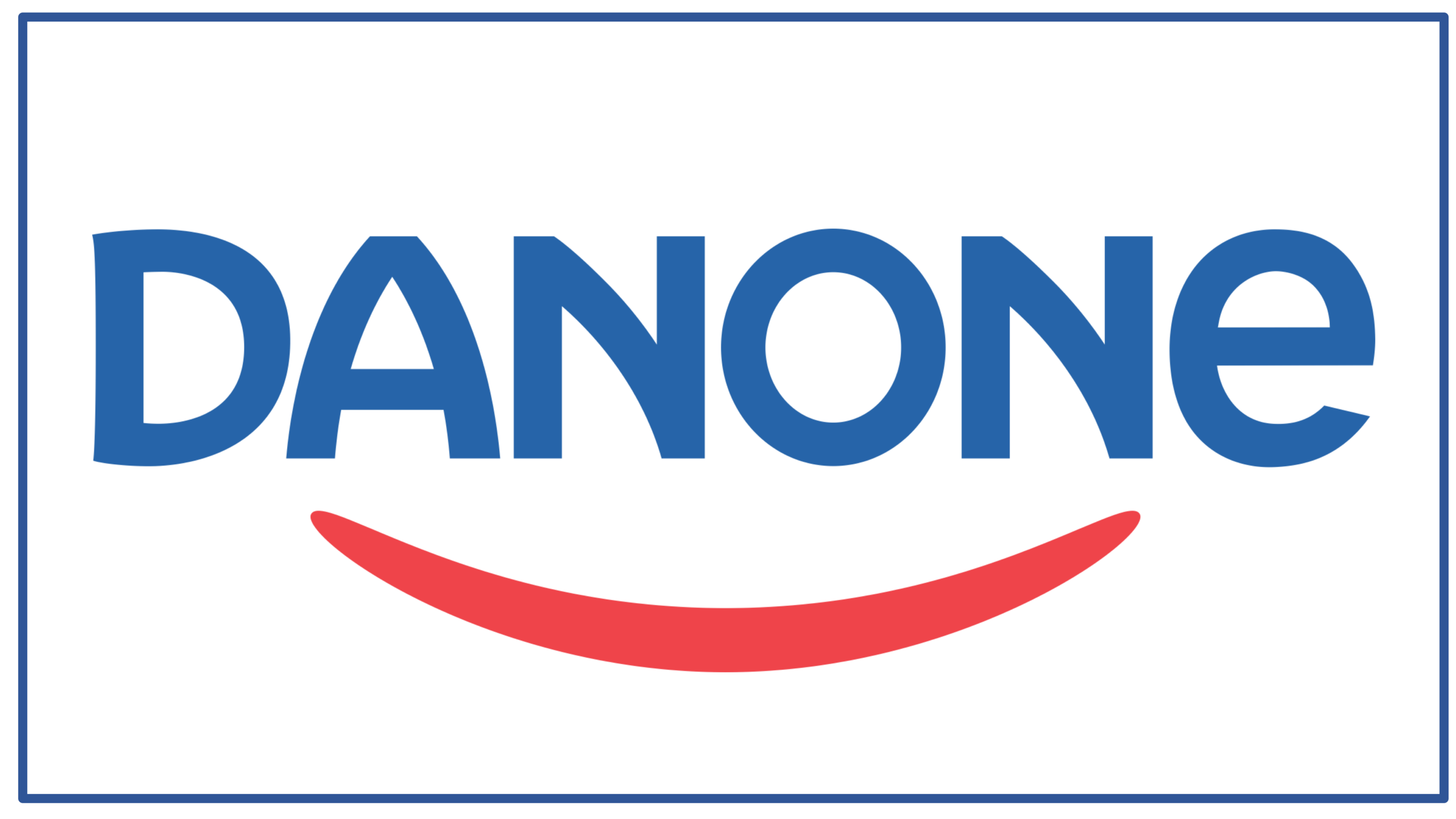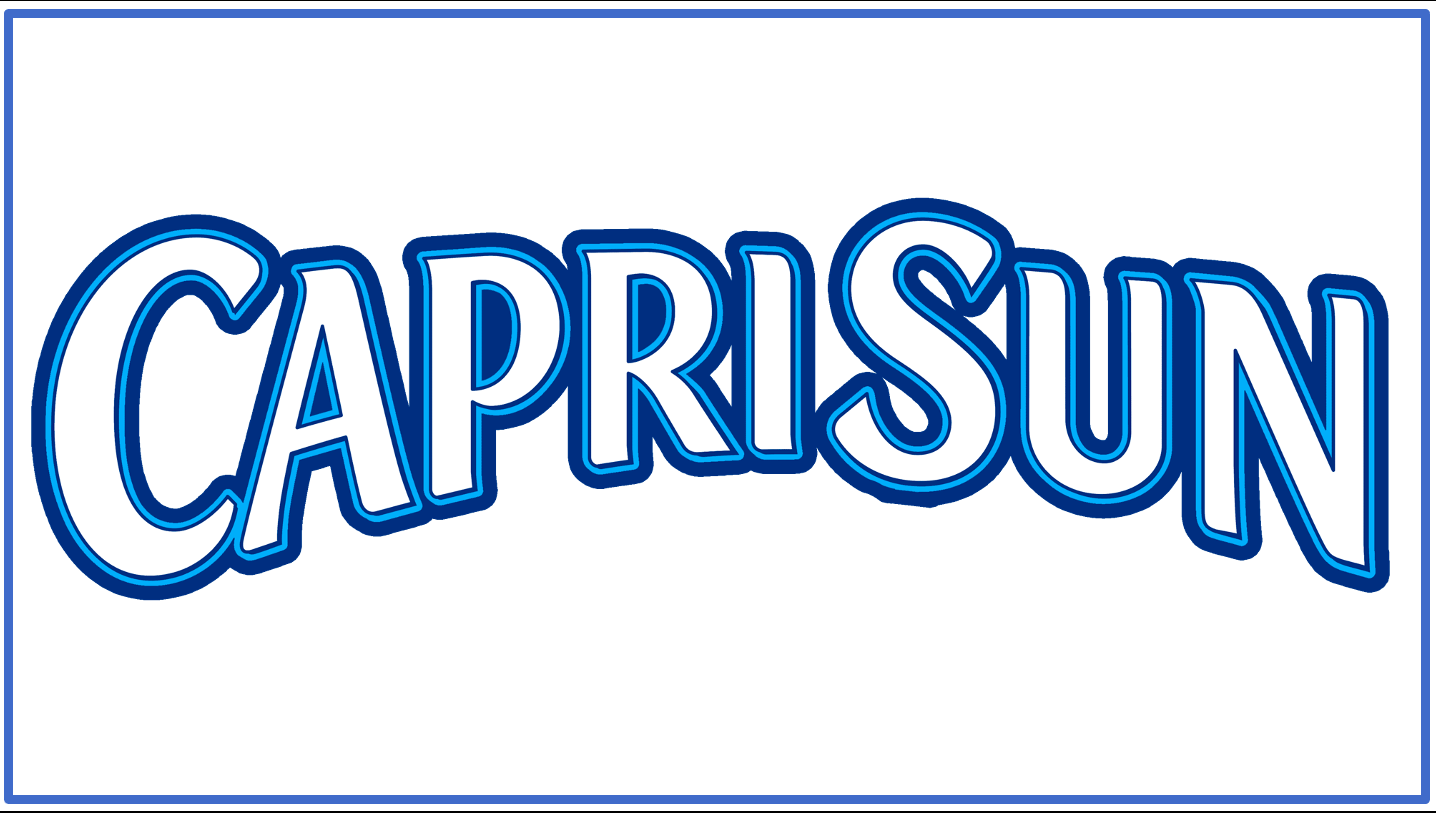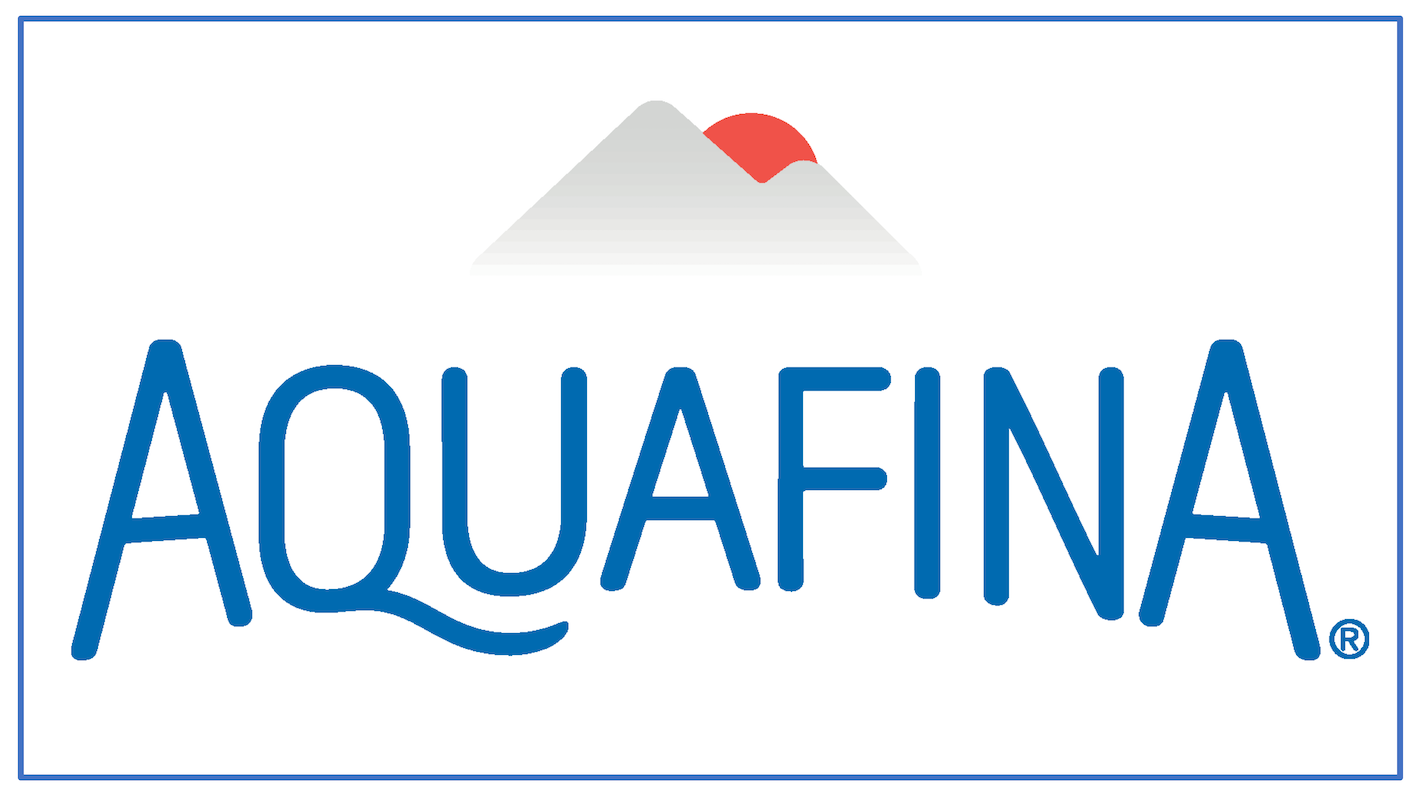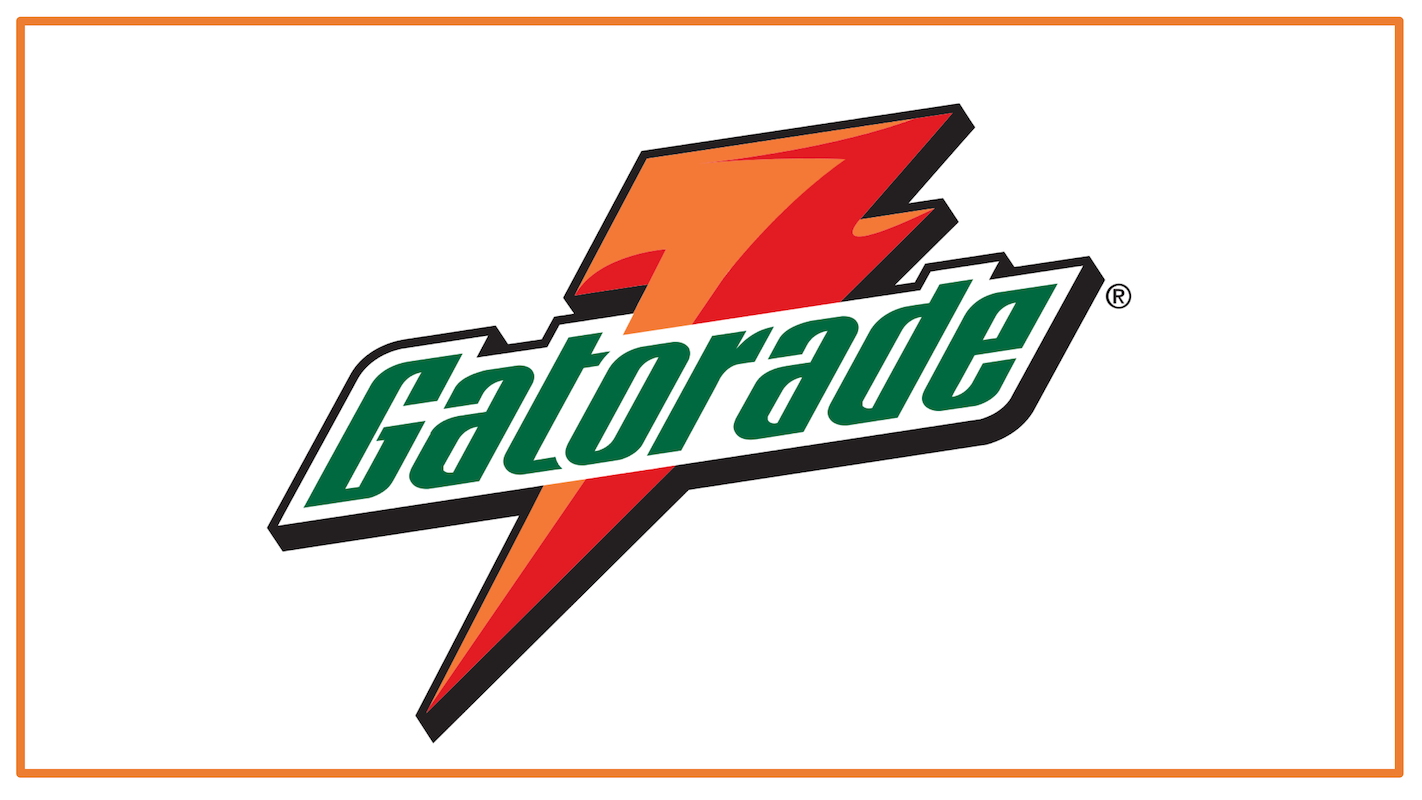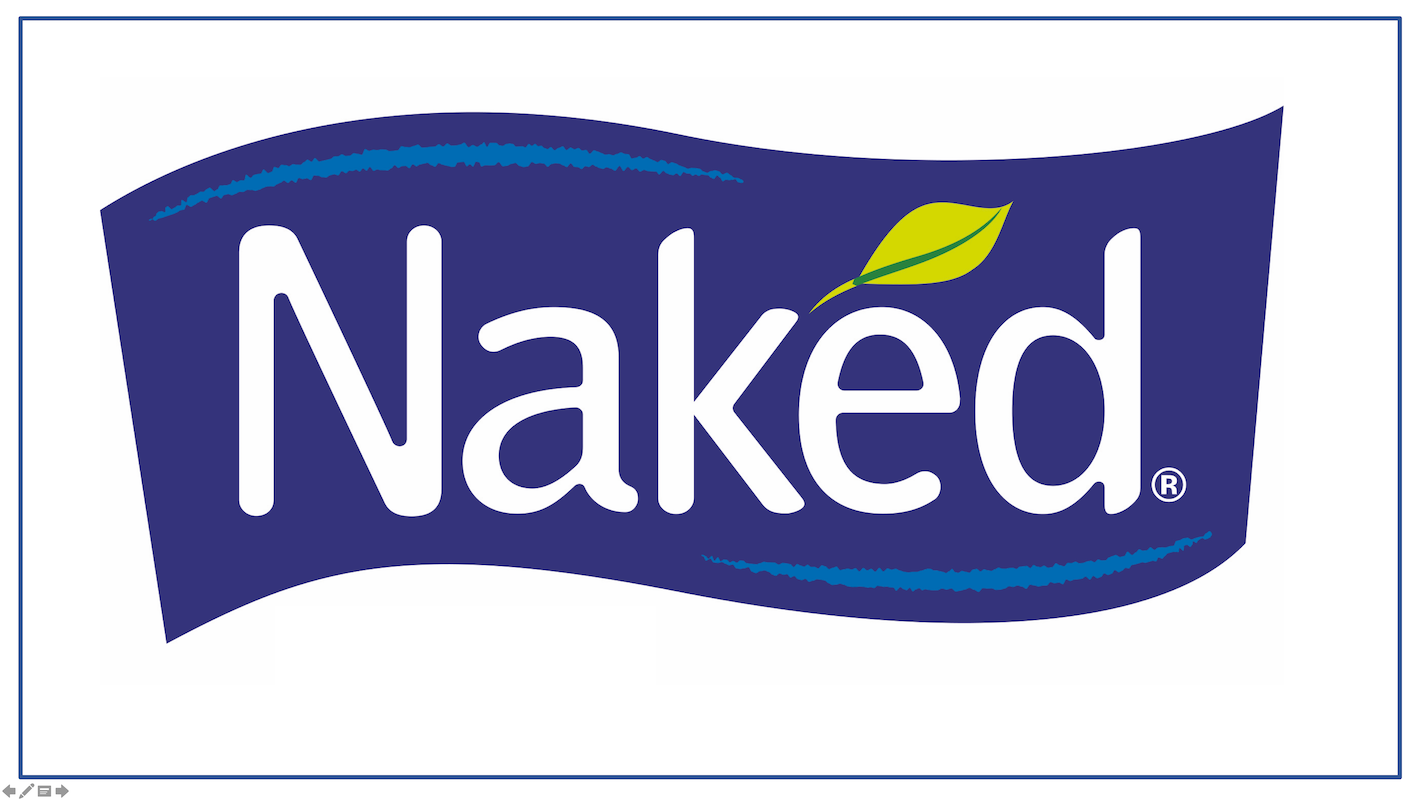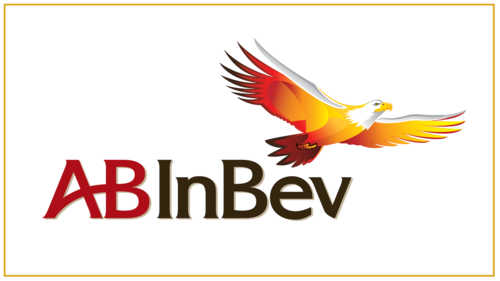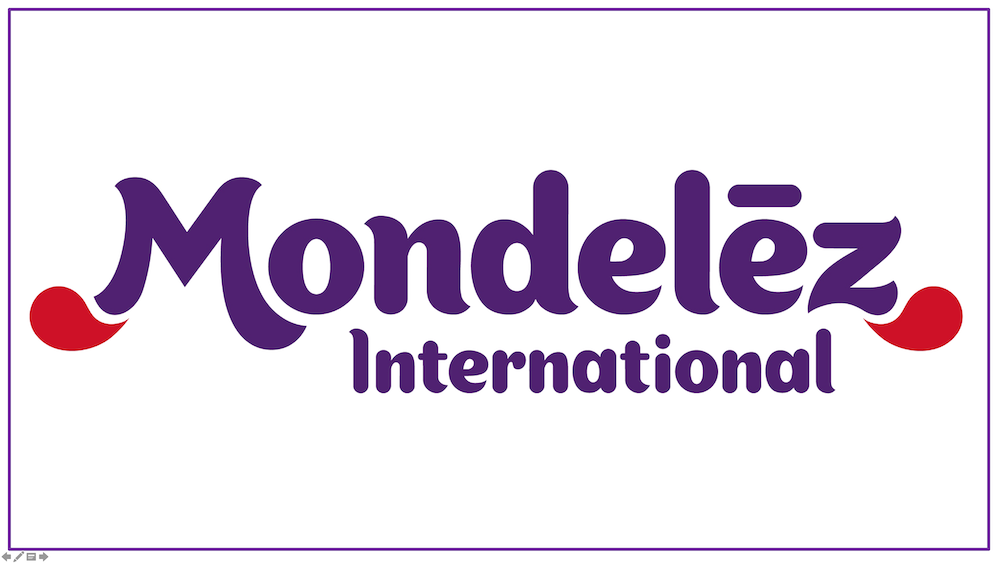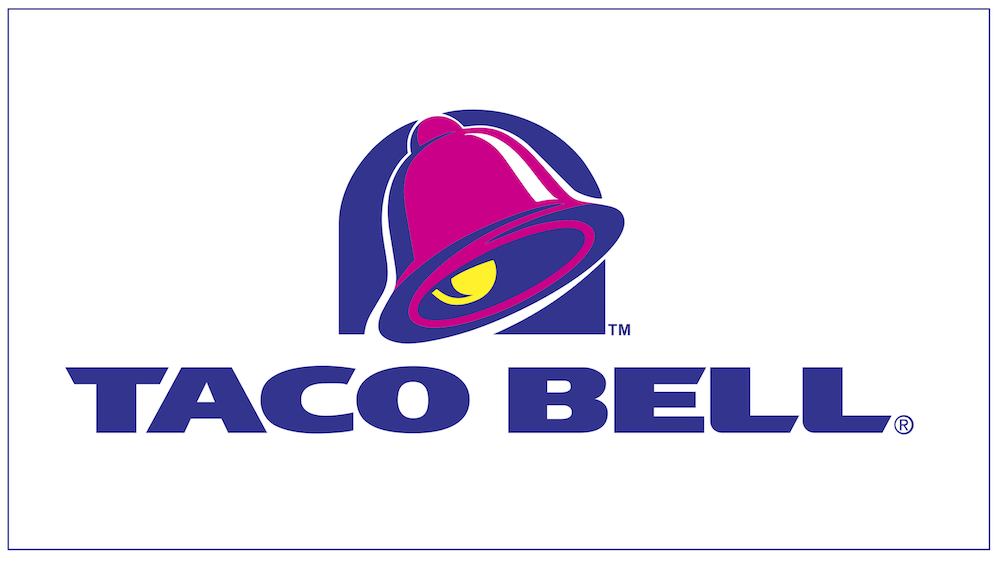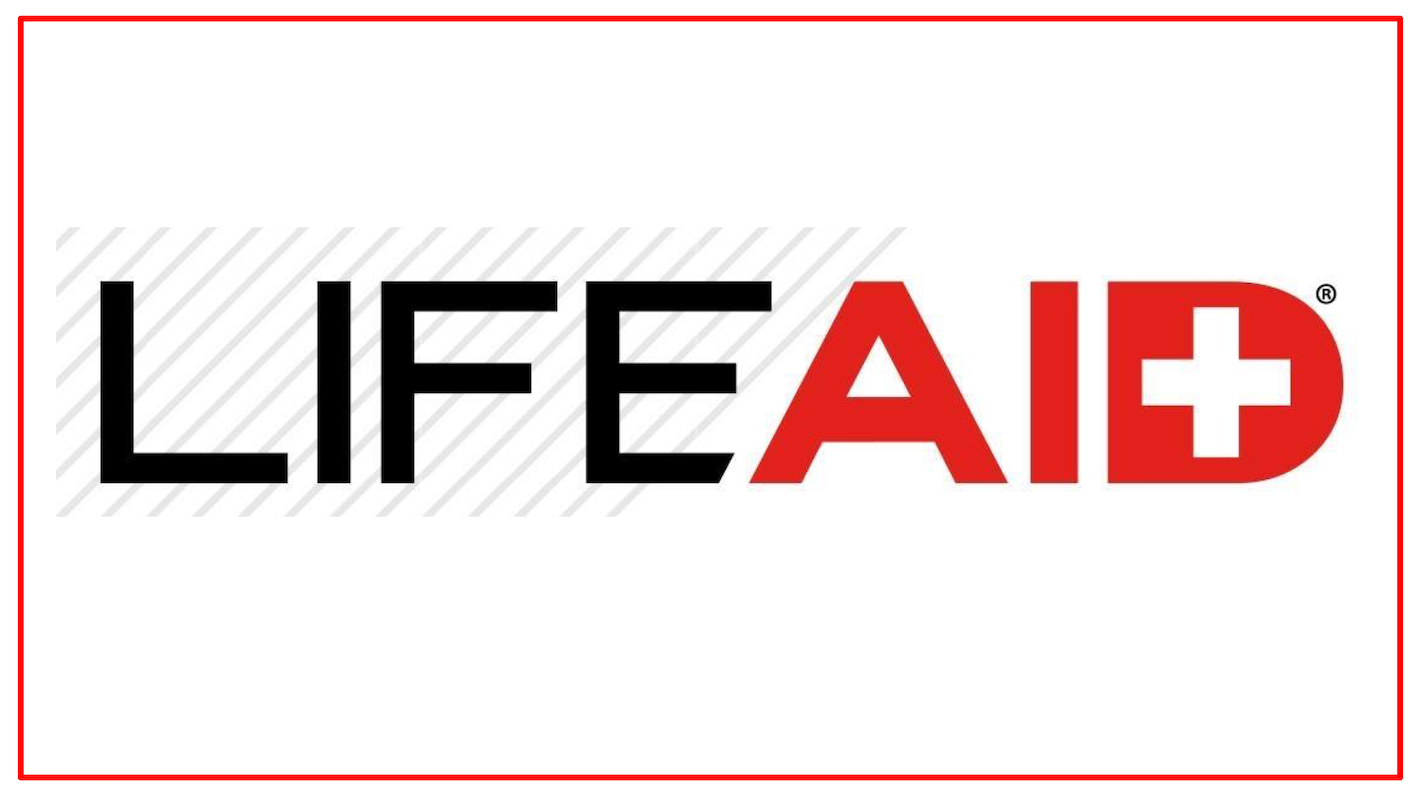Interested in finding out more about your product and your marketing strategy directly from consumers and retailers?
We test your products with real shoppers in-store and online and work with you to improve and successfully launch your new beverage brand in stores & online!
Trusted by Global Companies and Startups
Step 1: We put your products in stores and online, we promote your products, real shoppers discover your products and make their initial purchasing decision - to buy or not to buy!
Step 2: We intercept shoppers before and after they have made their purchasing decision, gather information about their experience with your products and create a detailed report.
Step 3: We use shopper feedback, as well as quantitative data (sales figures) to make suggestions that often lead to significant improvements to your product and to your marketing plan!
Refine and Improve Your Products Quickly and Accurately! Request Free Information >
How We Do It?
Ready to find out exactly how your brand performs with real shoppers, take five minutes to read through our market testing strategy and planning process. Request Free Information >
Primary Objectives of Market Testing
Market Viability: Test the viability of your product in target accounts – did it meet or exceed sales volume expectations for the category?
Volumetric Assumptions: Apply the sales numbers to broader market to see how your product could do on a national scale
Consumer Feedback: Gain qualitative insights (consumer opinion) on flavor, packaging, pricing, and usage via in store demos in order to further refine the product for improved results
Price elasticity: test price points in different locations to determine impact on velocity
What is our Strategy
Strategic Placement for Scalable Growth
Focus on securing placement in retail accounts and product categories that align with both regional and national distribution objectives. This ensures your brand builds traction in priority markets while laying the foundation for scalable, long-term expansion.Consumer Engagement Through In-Store Activations
Leverage in-store demos, sampling, and promotional activations to generate trial, build awareness, and create excitement around your products. These activations not only drive immediate sales lift but also provide valuable, real-world insights into consumer behavior.Real-Time Consumer Feedback
Capture direct consumer feedback on taste, packaging, and positioning to refine your product and marketing strategy. Understanding what consumers like—and where improvements are needed—gives you a competitive edge and ensures your offering resonates with your target market.Data-Driven Optimization
Use the combination of sales data and qualitative insights to identify the most responsive markets, optimize your distribution strategy, and focus investment where it will have the greatest impact.
What’s The Plan?
Pilot Production
Produce an initial, limited run of your product to support sampling, sales presentations, and early retail placements. This ensures inventory is available for both market testing and initial sales traction.Build Comprehensive Sales & Marketing Toolkit
Develop a full suite of professional, branded collateral designed to communicate your value proposition clearly and consistently across all touchpoints:Sell Sheets – concise, visually engaging product overviews highlighting features, benefits, and pricing.
Sales Presentations – structured decks tailored for retailer and distributor meetings.
Demo Guide – step-by-step playbook for conducting effective in-store activations.
Branded Apparel – shirts, hats, or uniforms to reinforce brand presence during demos and events.
Website – a polished digital hub with product information, brand story, and retailer resources.
Social Media Pages – platforms for ongoing consumer engagement, awareness, and buzz.
Shelf Talkers & POS Materials – eye-catching point-of-sale tools to drive trial and purchase at retail.
Train & Align Sales Team
Deliver extensive, face-to-face training sessions one to two weeks before sales calls begin. Training will focus on:Product knowledge (ingredients, benefits, differentiators).
Brand story and positioning.
Sales strategy and objection handling.
Demo best practices and execution.
This approach ensures that when your team hits the market, they are fully prepared, equipped with the right tools, and aligned on both product details and go-to-market strategy.
Present to target retailers in select Geographic Area/s including but not limited to: Los Angeles & Orange County
Testing is available in any market in North America, we execute programs locally and globally
Target Channels: Supermarket, convenience, drug, natural, restaurant, bar, hotel, health/fitness related locations & any other channels that is a good fit for your products.
Store Count: 10 store or 10,000 stores it’s up to you, 10 stores is considered a marketing test, anything over 500 stores is considered a launch, this will be discussed in detail prior to issuing you a proposal
Category/Shelf Location: we focus on primary location and other placement opportunities to maximise learning
Merchandising & Sales Support
We make at least two stops per week per location, or as needed to fill purchase orders and merchandise (restock shelves and adjust or replace POINT of sale material
Images are provided to our clients from each sell in occasion and merchandising event as they happen on a daily basis
Pricing: Monthly price adjustments will test price elasticity
In Store Demos: Multiple sampling demos per month per store
Consumer Engagement & Data Collection Through Demos
Our trained brand ambassadors will set up fully branded demo stations in high-traffic locations within target retail accounts. These stations will be equipped with sampling materials, point-of-sale visuals, and clear messaging to ensure shoppers immediately understand the product’s value proposition.
Sampling & Education
Ambassadors will actively engage consumers, offering samples while explaining the product’s key benefits, unique attributes, and brand story.
Each interaction is designed not just to hand out samples, but to create a brand experience that builds trust and drives trial.
Structured Consumer Feedback
To capture actionable insights, ambassadors will conduct both qualitative and quantitative evaluations on the spot:
Branding & Messaging – Do shoppers resonate with the name, look, and positioning?
Sensory Evaluation – Taste, smell, color, texture, and overall appeal.
Price Perception – What consumers feel is a fair price point, and whether the current retail price aligns with perceived value.
Purchase Intent – Immediate interest in purchasing during or after the demo.
Comparative Insights – How the product stacks up against what they currently buy in the category.
Recruitment for Ongoing Insights
Ambassadors will also invite consumers to join follow-up programs (via QR codes, SMS opt-ins, or sign-up sheets) to participate in surveys, focus groups, or digital feedback communities. This ensures ongoing data collection beyond the in-store moment and builds a pool of brand advocates who can be re-engaged for product launches, flavor tests, or promotional campaigns.
Data Reporting
All qualitative and quantitative feedback will be aggregated, analyzed, and presented in a structured report. This includes shopper sentiment, sensory scores, perceived price elasticity, and regional trends—giving clear guidance on how the product will perform at scale and what adjustments may be needed before broader rollout.
Do you want me to rewrite this in a concise marketing-proposal voice (shorter, polished, client-facing) or keep it in this expanded operational detail format for internal planning?
Reporting & Performance Tracking
Accurate, transparent reporting is at the core of every market test and demo program. Our system ensures you receive clear, actionable insights that can guide decision-making, highlight opportunities, and identify areas for improvement.
Account Acceptance Tracking – Detailed records of which accounts accepted the product and which declined.
Reasons for Declines – Captures feedback from buyers and category managers (e.g., pricing concerns, shelf space limitations, competing products, or perceived category fit).
Follow-up Opportunities – Identification of accounts that may reconsider after initial results or with additional marketing.
Per-Store Performance – Measurement of how quickly the product is selling at each point of distribution.
Benchmarking – Comparison of product velocity against category averages and competitive set.
Trend Analysis – Tracking sales momentum over time (week-over-week etc) to assess staying power and scalability.
Geographic Insights – Highlighting regional strengths or weaknesses across different locations.
Unit Sales During Demo – Quantification of incremental sales generated during sampling events.
Consumer Feedback – Aggregated qualitative responses around taste, packaging, pricing, and overall brand perception.
Engagement Metrics – Number of consumers sampled, conversion rate to purchase, and number recruited for follow-up.
Staff Observations – On-the-ground notes regarding shopper behavior, frequently asked questions, or competitor mentions.
4. Consolidated Insights Dashboard
All reports are compiled into a comprehensive dashboard that highlights:
Key Performance Indicators (KPIs): trial-to-purchase conversion rates, sales velocity, and repeat purchase signals.
Actionable Next Steps: clear recommendations for adjustments to pricing, positioning, or promotional strategy.
Executive Summaries: concise highlights for leadership teams, alongside detailed appendices for deeper operational review.



